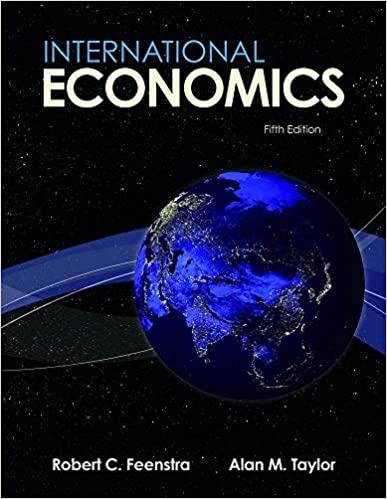This exercise considers how the FX market will respond to changes in monetary policy. For these questions,
Question:
This exercise considers how the FX market will respond to changes in monetary policy. For these questions, define the exchange rate as British pounds (£) per euro, E£/€. Use the FX and money market diagrams to answer them.
a. Suppose the European Central Bank (ECB) permanently increases its money supply. Illustrate the short-run (label the equilibrium point B) and long-run effects (label the equilibrium point C) of this policy.
b. Suppose the ECB permanently increases its money supply, but investors believe the change is temporary. That is, investors don’t adjust their expected exchange rate because they believe the policy will be reversed before prices adjust. Describe how this situation would affect the spot exchange rate compared with (a).
c. Finally, suppose the ECB announces its plans to permanently increase the money supply, but doesn’t actually implement such a policy. How will this affect the FX market in the short run if investors believe the ECB’s announcement?
Step by Step Answer:






